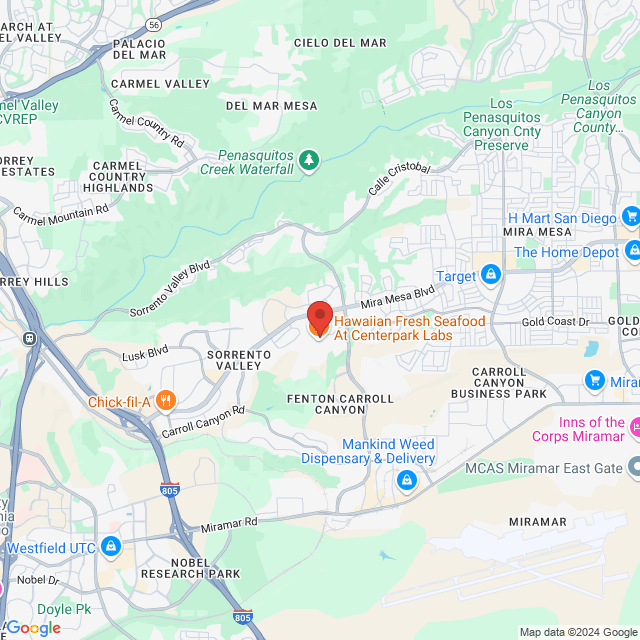Computer and Internet Fraud
Computer fraud, closely linked to internet fraud, is defined as 1) the use of a computer or computer system to help execute a scheme or illegal activity and 2) the targeting of a computer with the intent to alter, damage, or disable it. Computer fraud breaks down roughly into three categories:

- Theft of information
- Theft of or denial of service
- Hacking into or damaging a computer’s hardware system
Theft of Information
Theft of information refers to the theft of information from a secure or private computer system, as when a hacker illegally breaks into a government system to obtain top secret information. The theft of trade secrets and the computer-aided duplication of copyrighted materials—such as video games, movies, and music—also fall into this category.
Theft of Service
Theft of service is when a hacker uses a computer to access web sites or Internet connections for which he did not pay. It may also include using a computer to break into long distance systems to “steal” service for free calls. Usually, theft of service is classified as Internet fraud, Often lumped together with computer fraud, Internet fraud includes any scheme that uses a Web site, chat room, email account, or all three to defraud a company or individual. Examples of crimes include offering nonexistent goods to a buyer (such as with an online auction), stealing someone’s funds by hacking into his bank or credit card account, or illegally using access devices, such as those of a paid news subscription service. Conversely, denial of service includes “mailbombing", which is when someone purposely attempts to disable an email account by sending massive amounts of emails to its address.
Hacking
Hacking refers to illegal entry into a computer’s hardware system. Hackers obtain passwords and delete information, create programs to steal passwords, or even rummage through company garbage to find secret information. Such criminals might pose as computer repairmen in order to gain easy access to computer systems, or they might create and send out dangerous computer viruses.
Online sex crimes such as stalking and child pornography are also classified as computer fraud.
Combating Computer and Internet Fraud
Many task forces and organizations have been formed to tackle computer and Internet crimes. For example, the U.S. Government created the Internet Fraud Complaint Center, a division of the Federal Bureau of Investigation (FBI), to track computer fraud and to catch those who commit it. The U.S. Department of Justice formed the National Cybercrime Training Partnership (NCTP), which trains local, state and federal law enforcement agencies to recognize and fight Internet crimes. Additionally, the Business Software Alliance (BSA) was created to provide education about copyright issues, computer and Internet security, and trade secret protection to companies and individuals.
Punishments for Computer or Internet Fraud
A perpetrator of computer or Internet fraud may be found guilty of a felony and face a fine of up to $250,000 and/or up to 20 years in jail. Often, those charged with computer and/or Internet fraud are also charged with wire fraud, mail fraud, conspiracy, identity theft, or other white collar crimes.
Contact an Attorney
Related to Computer Fraud




